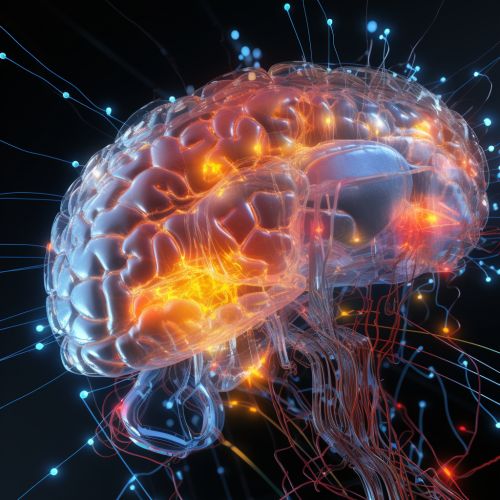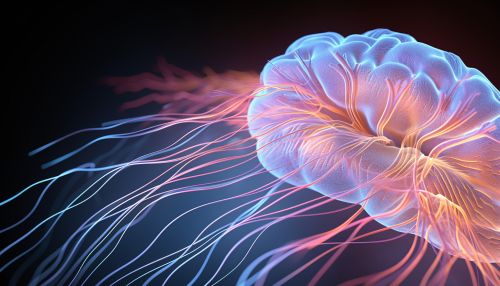Working Memory
Overview
Working memory is a cognitive system with a limited capacity that can hold information temporarily. Working memory is important for reasoning and the guidance of decision-making and behavior. It is a theoretical concept central to cognitive psychology, neuropsychology, and cognitive neuroscience. In addition to these general roles, working memory is a theoretical concept that has become a standard metaphor for a part of the cognitive system that does a wide range of practical work.
Definition and Description
Working memory is often used synonymously with short-term memory, but some theorists consider the two forms of memory distinct, assuming that working memory allows for the manipulation of stored information, whereas short-term memory only refers to the short-term storage of information. Working memory is a theoretical framework that refers to structures and processes used for temporarily storing and manipulating information. As such, it is essential for many cognitive tasks including learning, reasoning, and comprehension. Working memory tasks are those that require the goal-oriented active monitoring or manipulation of information or behaviors in the face of interfering processes and distractions. The cognitive processes needed to achieve this include the executive and attention control of short-term memory which provide for the interim integration, processing, disposal, and retrieval of information. These processes are sensitive to age: working memory is associated with cognitive development, and research shows that its capacity tends to decline with old age affecting nearly every cognitive task.


Models of Working Memory
There are several models of working memory, the most famous of which is the multi-component model of working memory, proposed by Baddeley and Hitch in 1974. This model is composed of two passive storage systems; the phonological loop and the visuospatial sketchpad, and an active processing component, the central executive. The phonological loop stores auditory information and the visuospatial sketchpad caters to visual and spatial information. The central executive, which is the most versatile and important component of working memory, pulls information from long-term memory and coordinates the activity of the phonological loop and visuospatial sketchpad by focusing on specific parts of a task and switching attention between different parts.
Working Memory and Cognitive Abilities
Working memory is a critical tool in the cognitive toolbox because it is very much related to fluid intelligence. In fact, working memory is considered one of the main factors in measures of cognitive abilities, such as IQ tests. It is the flexible control of attention that allows humans to hold a thought in mind in the face of distractions until it is no longer needed. It includes subsystems that store information short-term and one that controls attentional processes. It is through working memory that information is kept in mind while working on it, whether it is deciding what to eat for dinner, designing a research project, or reading this article.
Working Memory and Learning
Working memory capacity can be tested by a variety of tasks. These tasks typically require the individual to remember a series of items (e.g., digits, words, pictures) while simultaneously processing unrelated information. In terms of its role in learning, working memory is where new information is held while it is being mentally manipulated to solve a problem or execute a task. For example, in learning new vocabulary, the words are held in working memory as they are associated with existing knowledge in long-term memory. Working memory capacity has been shown to be strongly related to learning ability in a variety of areas, including reading and mathematics.
Working Memory and Aging
Working memory is one of the cognitive skills that deteriorates with age. Older adults often find it more difficult to keep track of and manipulate information in their working memory. This can lead to difficulties in a variety of cognitive tasks, such as problem solving, decision making, and language comprehension. However, research has shown that certain types of cognitive training can help to improve working memory in older adults.
